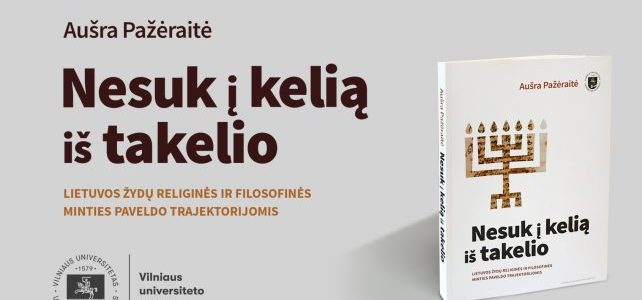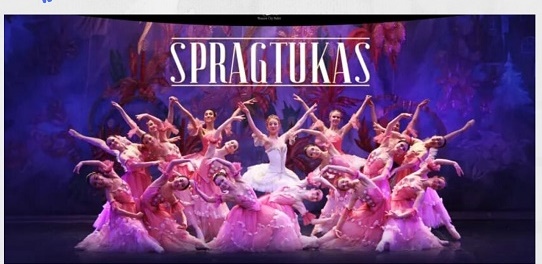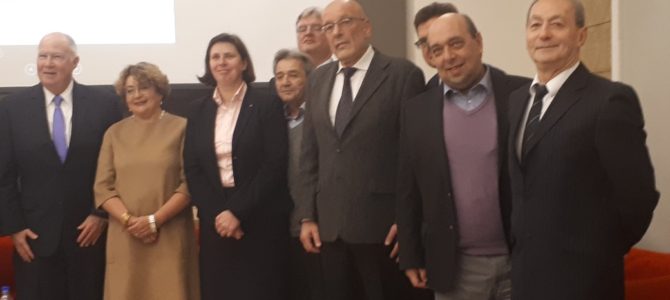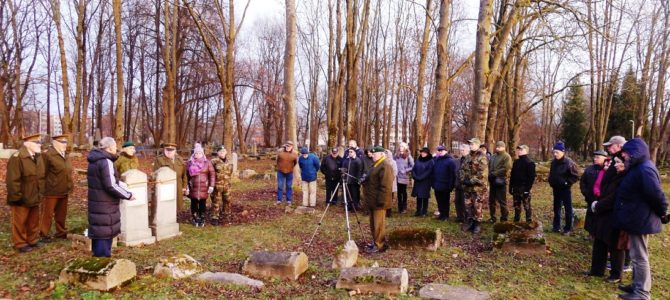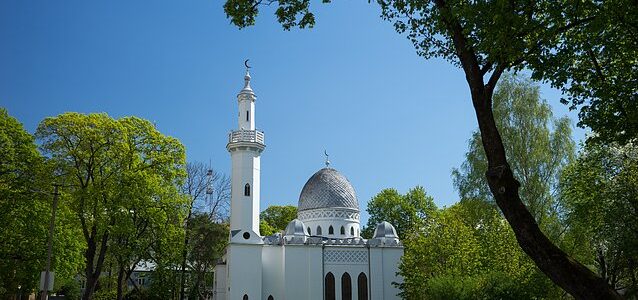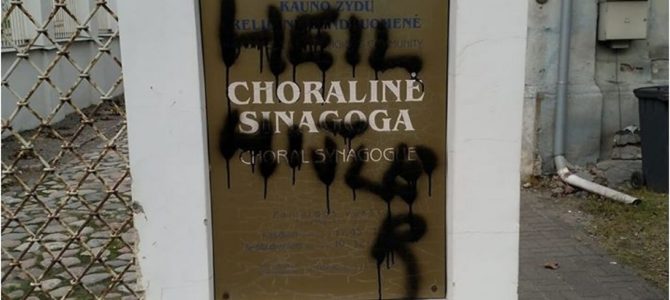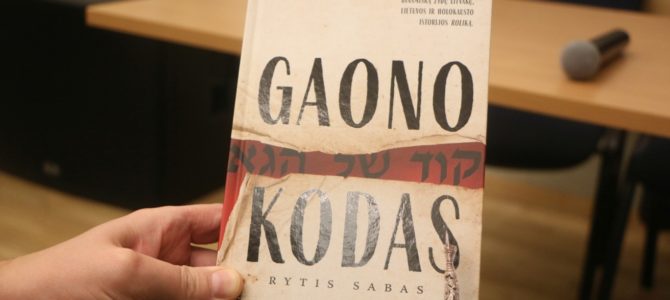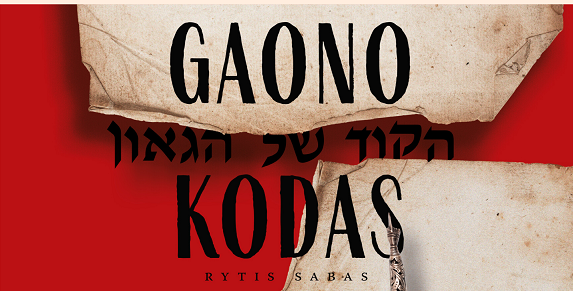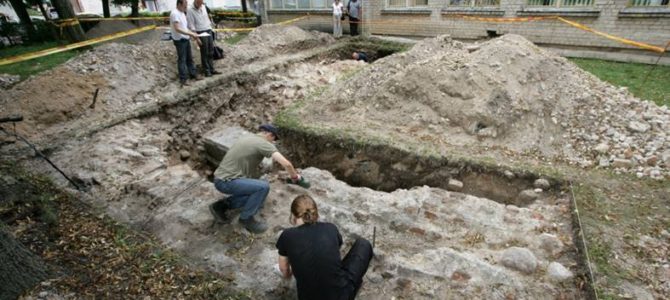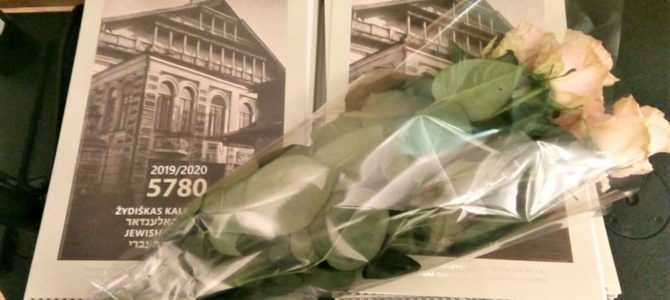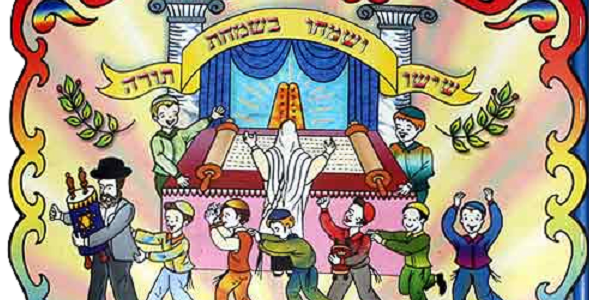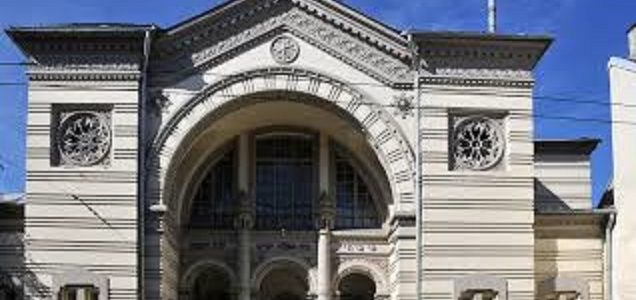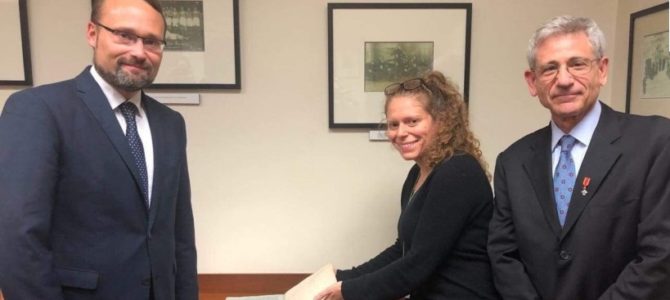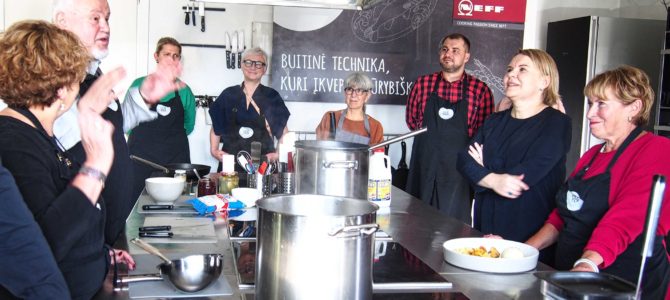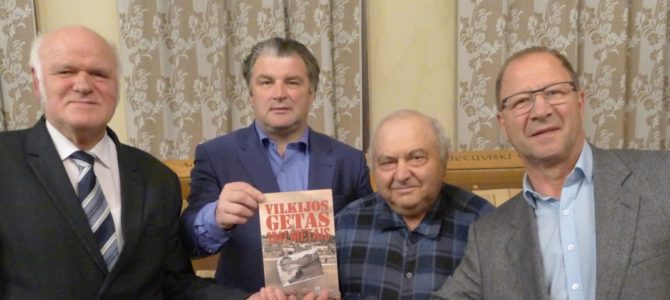The publishing house of Vilnius University has published a new book called “Nesuk į kelią iš takelio. Lietuvos žydų religinės ir filosofinės minties paveldo trajektorijomis” [Don’t Quit the Path for the Road: Along the Trajectories of the Litvak Religious and Philosophical Thought Heritage]. The Lithuanian-language book contains extracts from the texts of the Vilna Gaon, Chaim of Volozhin, Grozdinsky, Israel Salanter and Emmanuel Levinas with commentaries.
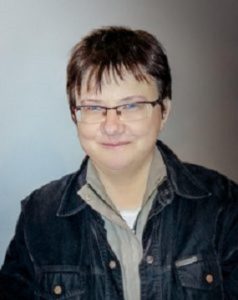
Dr. Aušra Pažėraitė has written a bit about her book especially for the www.lzb.lt website:
“It has long been my dream to write a book talking about, examining and interpreting the heritage of Litvak religious and philosophical thinking. … [Among others,] another problem which arose was the time-period and the range of what Litvak means. I mean the problem of geographical boundaries in which we can look for the Litvak heritage, which has changed drastically over history, and it happens that the same historical figures are assigned to Lithuania’s, Poland’s and Russia’s legacy… So I chose a narrower problem, the Litvak-ness which is associated with religious tradition, historically connected with the Vilna Gaon and his circle of followers. So this allowed for choosing a specific perspective which would allow me to connect schools of thought otherwise hard to reconcile: the Western understanding of religion which is still forming in the modern period, which seems to so many people self-evident… i.e., between the written sacred texts and the oral texts, the traditional of passing traditions on orally. …”
The book is available at the Vilnius University bookstore, at the Versmė chain of bookshops and on the internet sites patogupirkti.lt, knygos.lt and humanitas.lt


